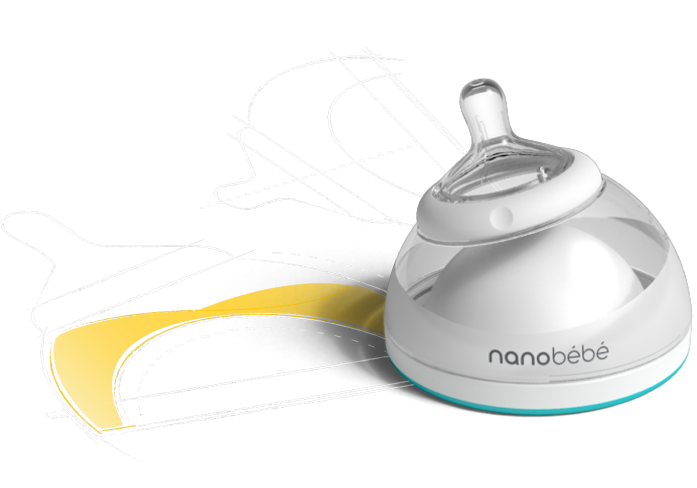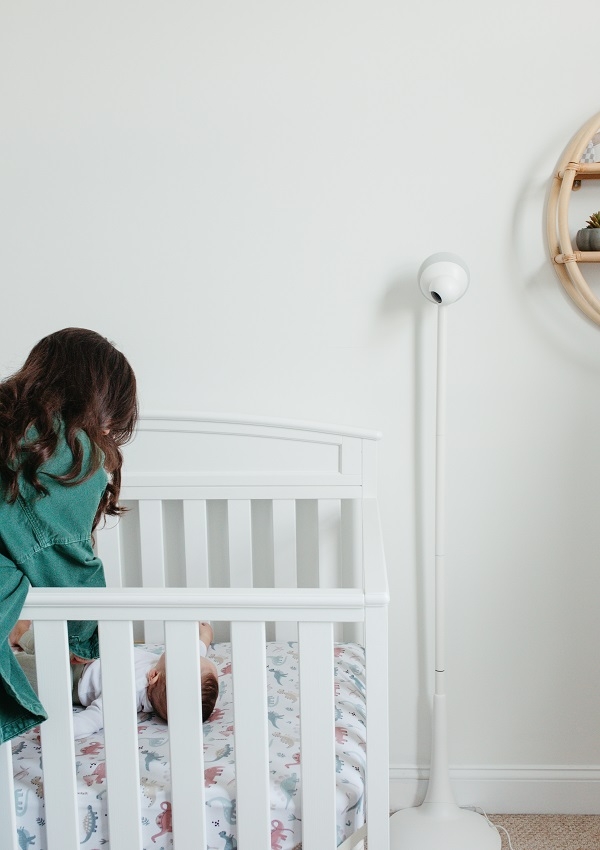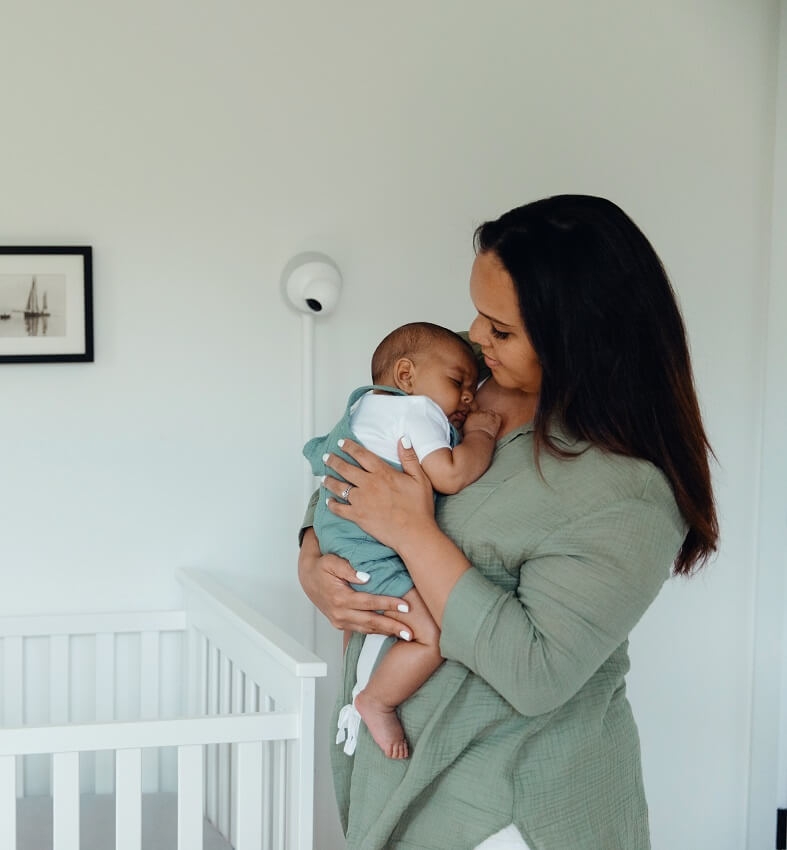Addressing Your Baby’s Sleep Issues
Top 5 overlooked factors that can have a significant impact on the quality and duration of your baby’s sleep.
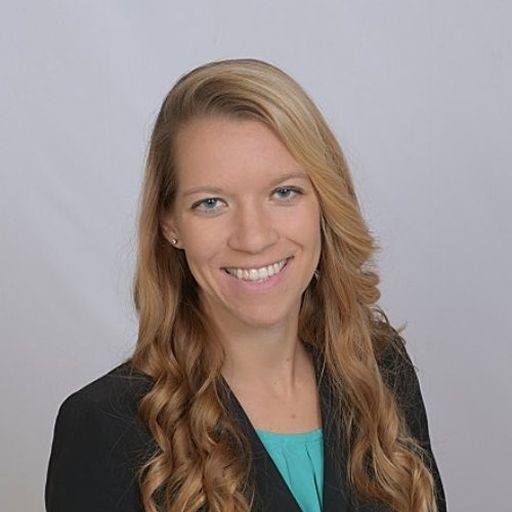
Jennifer Palmer

When it comes to tackling your baby's sleep issues, our attention naturally gravitates towards establishing a routine and exploring sleep aids. But what if there are lesser-known factors silently sabotaging their quest for a good night's rest? Let’s delve into the unexplored territory of sleep issues, unveiling the top five things that may have slipped under your radar.
Sensory Needs
Sleep is dependent on a person’s ability to remain still, be less sensitive to sensory input, and assume a stereotypical posture. If a child’s neurobiological system is not working properly, it can be difficult to calm the nervous system and create the motor plan needed to maintain a certain position. Their brains are still developing and their overall behavior is caused by an underlying sensory issue - whether that be a lack of sensation, poor sensory integration, or somewhere in the loop that interrupts the appropriate motor response.
If someone cannot integrate these sensory messages and they have difficulty regulating their arousal level, it’s going to be difficult to fall asleep. One example could be a child who feels a sheet or blanket on them and feels alerted as a result of the touch stimulus, making it more difficult to fall asleep. This child might even resist lying in bed and getting under the blanket because it is the opposite of calming to them! When it comes to sensory processing difficulties, it’s important to seek a professional that can help with regulation as developmentally appropriate. Tip: Occupational therapists trained in sensory work can be great for this!
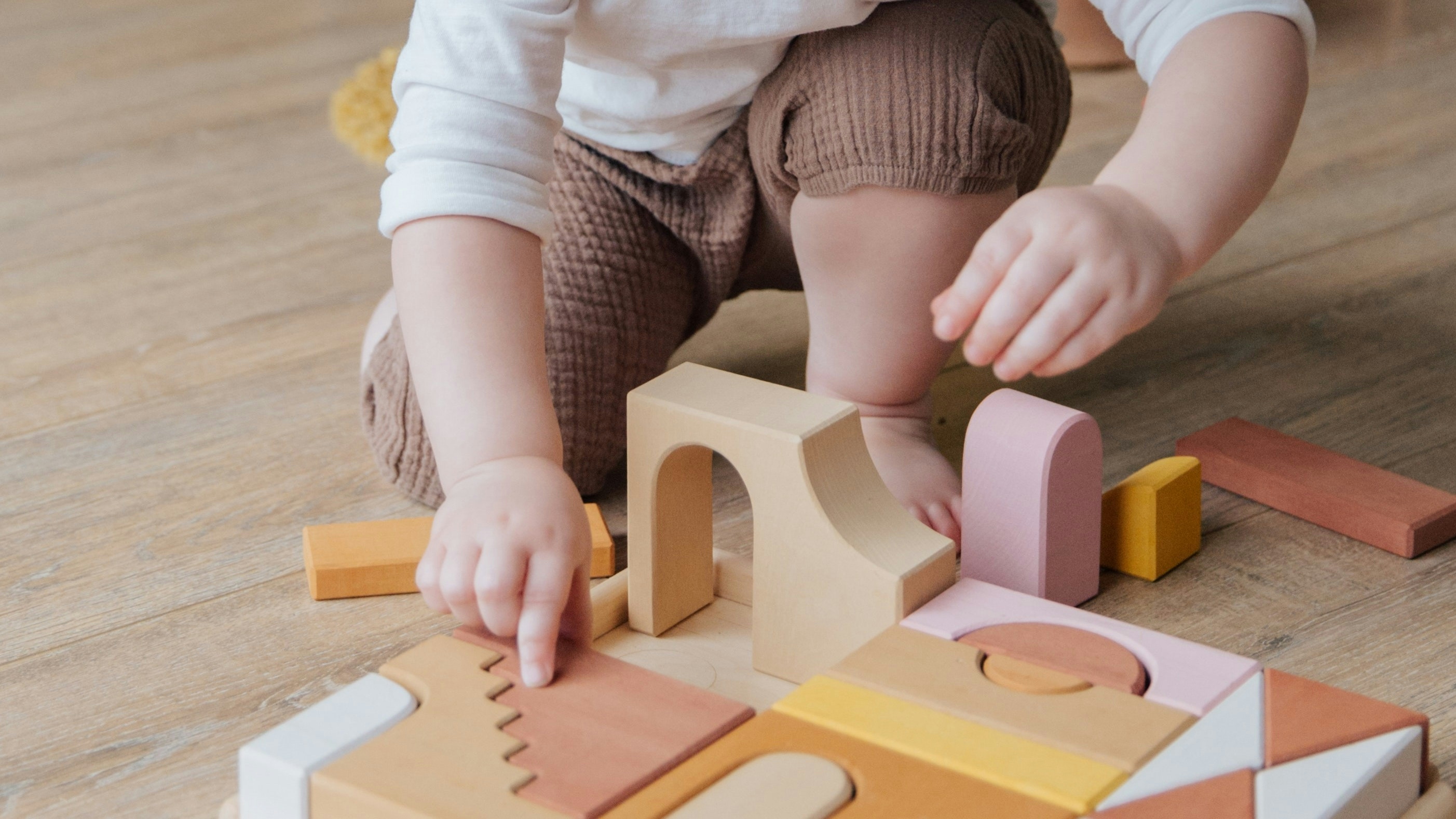
Lymphatics
As it continues to gain more popularity, an impaired lymphatic system is one big player in the role of effective sleep. During NREM (non-rapid eye movement) stage 3 (deep, slow-wave sleep), the brain begins to cleanse and rid itself of toxins - but it is KEY to get deep sleep for this to happen. Infants begin with only NREM (quiet) and REM (active) and progress to more adult-like sleep cycles as they get older, for comparison.
What can cause issues with lymph? Sickness and infection can make the lymphatic system work harder (to keep you healthy-yay!), but there are also foods that may clog it up. It’s always helpful to work with a dietitian if this is a suspected issue. If a child is not getting enough deep sleep, we risk a limited ability to maintain optimal health, and thus optimal sleep. If you feel your child’s lymph system is “backed up,” you may also want to seek out someone who uses manual lymph drainage techniques. If that isn’t available, there are some self-help books that can teach you certain movements to improve lymph flow.
Gross Motor Movement
It’s true that oftentimes in our modern world, babies and kids are overwhelmed by activities and don’t have enough time for simple free play and movement. There are plenty of studies out there that tell us that physical activity seems to influence sleep onset latency and the time it takes to fall asleep. Additionally, there are studies that show sedentary activity is associated with an increase in sleep latency.
One of my first go-to’s for optimal sleep health is movement and activity.
Exercise has also been shown to promote deep sleep, which facilitates more growth in our muscles. Focus on exercise as a family. If your baby is young, take them outside and put them on a blanket without any restrictions or containers. There absolutely is no “right way,” but simply what works for you.
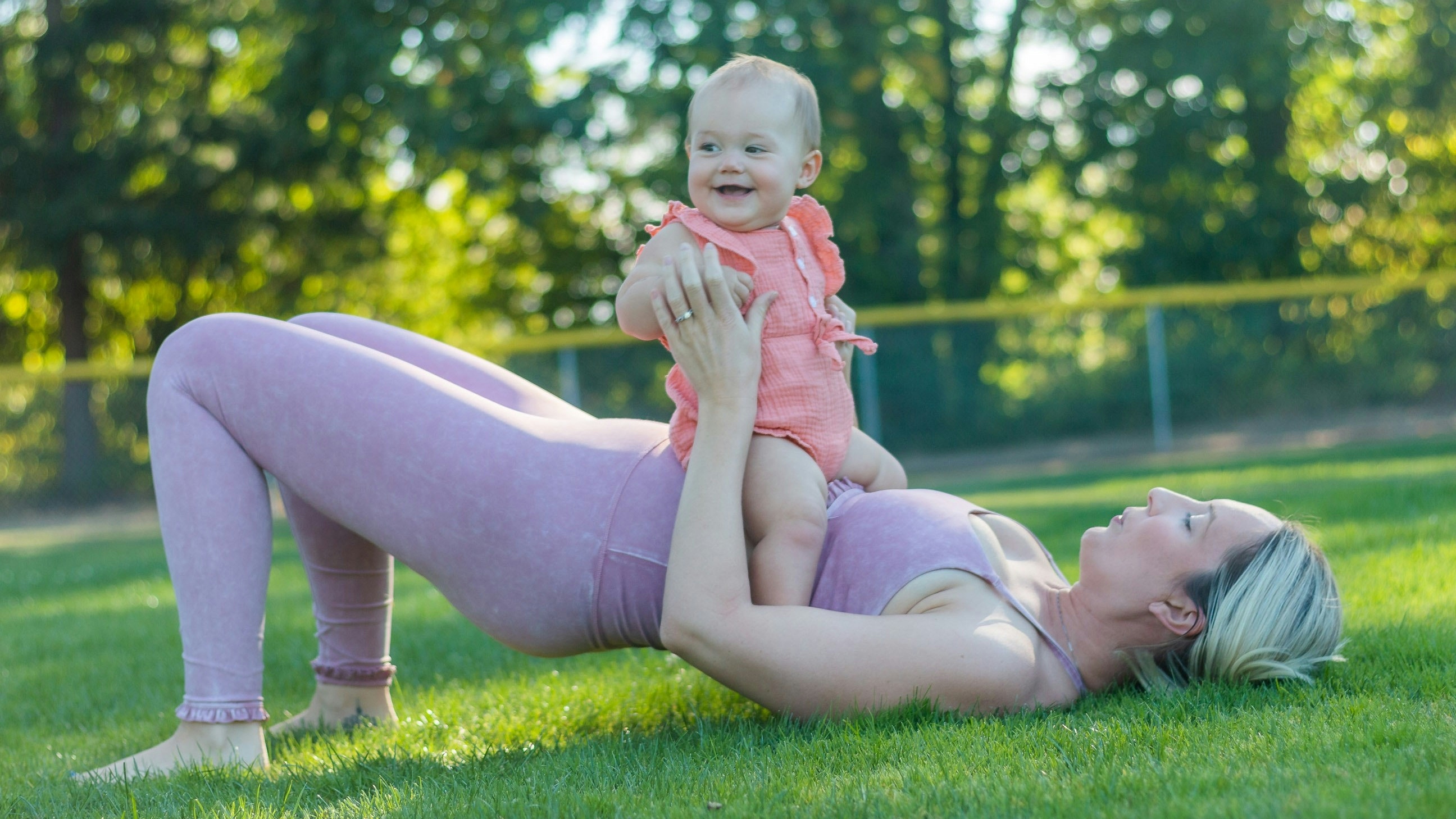
Gut Microbiome
Chances are you’ve heard more and more about the gut’s influence on the brain and how much they can influence one another. It’s true! This makes it, yet again, even more important to focus on eating foods to fuel your health. Oftentimes, the foods that improve your lymph flow also help with decreasing inflammation in the body, which, can help you sleep! There is evidence that shows consuming a smaller variety of foods may cause lower sleep quality, and we know at times getting the appropriate nutrients can be difficult with picky eaters. In addition, higher fats and carbohydrates can decrease the quality of sleep, while fermented foods and probiotics might help it. Again, it’s helpful to get in touch with a dietitian if you are unsure what may help in your situation! Children especially need so many different nutrients to develop properly.
Tethered Oral Tissues and Fascial Tightness Throughout the Body
Limited movement can cause restrictions and adhesions in the fascia, but there can also be restrictions already present when born. Whether we are discussing tethered oral tissues (tongue, lip, or buccal ties) or limited overall body extension secondary to fascial tightness, it can absolutely cause issues with digestion and, ultimately, sleep! If the tightness persists, things such as forward head posture, neck pain, chronic sinus issues, and even obstructive sleep apnea (there is a peak in this around age 2!) can occur. Bodywork is necessary to help with this tightness and surgery may be necessary. An airway dentist or myofunctional therapist could help with tethered oral tissues whereas chiropractors, physical therapists, occupational therapists, and osteopaths can help with other bodywork! Fascia is connected throughout the entire body, so even if it seems like your child is restricted in one area (example: torticollis limiting head rotation), there are likely other things going on that may also be impacted by this tightness. This limited movement could restrict the body and prevent it from relaxing into the parasympathetic nervous system, making it difficult to sleep.
All of these “extras” are in addition to the “normal things” everyone talks about, such as teething, developmental milestones and brain development. Yes, it is all tough and such a mystery at times, but sleep is complex and we are continuing to learn so much about it. It’s important to reach out to a specialist who can help you appropriately!
*Nanobébé is thrilled to welcome guest bloggers. The views and opinions represented in these blog posts belong solely to the guest blogger and are not the legal responsibility of the company. The owner of this blog makes no representations as to the accuracy or completeness of the information provided by the guest blogger and will not be held liable for any errors or omissions of information nor for the availability of this information.

Jennifer Palmer
Jennifer Palmer is a Doctor of Physical Therapy and also a mom of 2 little humans who have changed her whole perspective on life. Her daughter is the one who led her on the journey of becoming a Baby-Led Sleep and Well-Being Specialist. For more information on sleep, parenting help, physical therapy, and more, visit www.drjenpalmer.com or find her on Instagram @thesleepdpt.
Share this post
